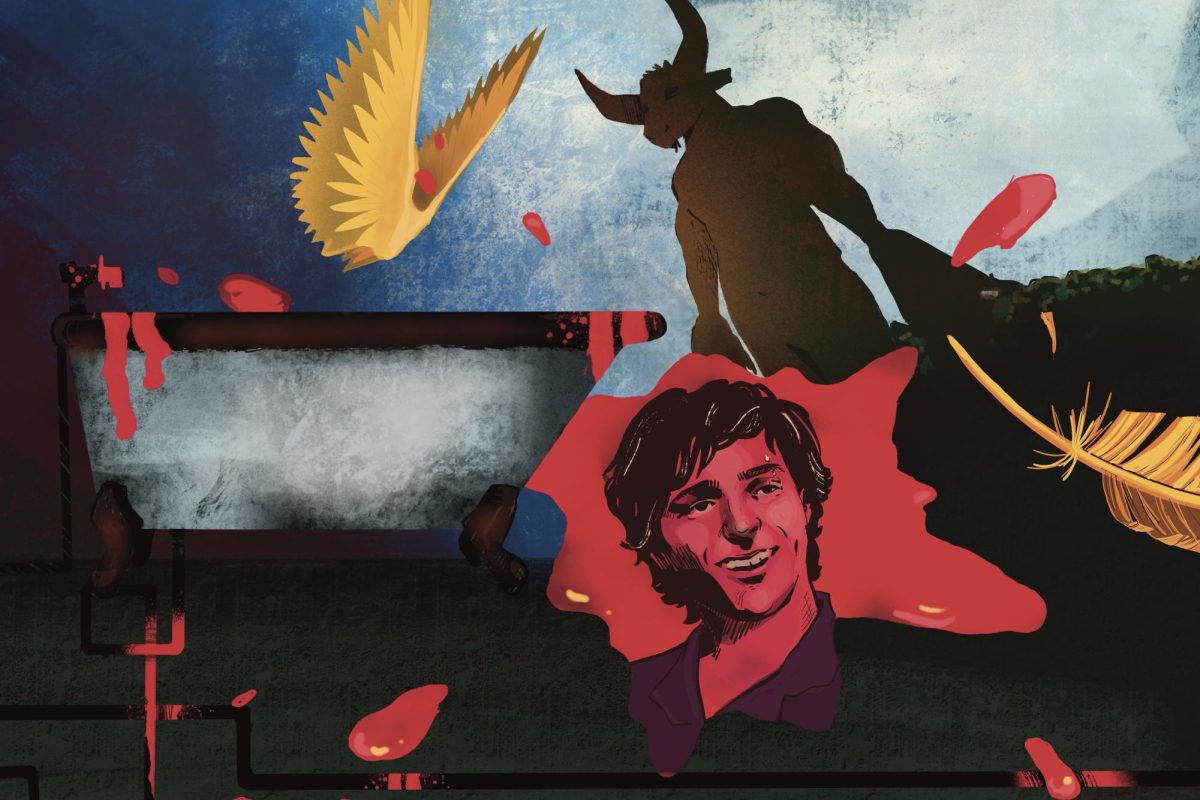It is not always an author’s first book that makes him or her famous. Sometimes a second or third book is the blockbuster that puts the writer on the map, after a previous work has been ignored. This is the case of Norwegian writer and teacher Jostein Gaarder. In 1991, Gaarder published a book called “Sophie’s World.” It was an incredible hit, reaching the best-sellers list in 40 countries. The first of its kind to reach such popularity, “Sophie’s World” is a novel about the history of philosophy. Gaarder weaves a fantastic tale of a young girl named Sophie as she struggles to answer the deepest philosophical questions about the self and the world. A year before that, Gaarder had published another book, “Kabalmysteriet,” or “The Solitaire Mystery.” In it, a young boy named Hans Thomas travels across Europe with his father in an attempt to find his mother in Athens. On the way, Hans Thomas meets two mysterious characters: a dwarf that gives him a magnifying glass and a baker that gives him a sticky bun with a small book inside. The miniscule book is revealed to be a history spanning several generations, and a profound fairy tale. As his father drives on and on through the countries of Europe, Hans Thomas discovers a world of his own in the mystery sticky bun book. The writing of “The Solitaire Mystery” is not the clear-cut, intriguing writing of “Sophie.” I do not know whether this is due to a different translator, or if the original Norwegian is as awkward and discordant as it is in English. Of course, while you have to keep in mind that “Solitaire” was written before Gaarder’s masterpiece, it does not excuse the let-down of literary disappointment. The story itself is original and interesting; Hans Thomas is a clever kid, and the adventure that unfolds in the sticky bun book — and eventually seeps into Hans Thomas’ real life — is entertaining and thought-provoking. Gaarder, as usual, shows his skill in keeping readers invested. Not only does he cultivate the emotional story of Hans Thomas and his degenerating, alcoholic father’s search for their missing family member, but he fully develops the philosophical themes found in the sticky bun book. The reader becomes so immersed in the story that he or she doesn’t realize the whole thing is a philosophy exercise until the very end, when Hans Thomas solves the mystery himself. “The Solitaire Mystery” is an interesting read — one meant, I think, for the student new to the concepts of philosophy, not for fans of the deeper stuff of Gaarder’s more popular work.












